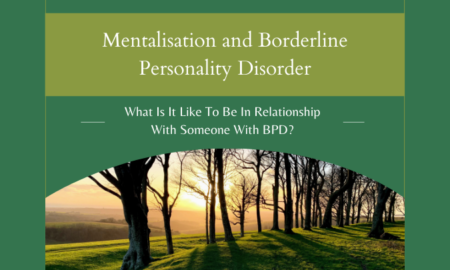Anger

In a Relationship with Someone with BPD?
Being in a relationship with someone who has Borderline Personality Disorder (BPD) can be emotionally intense and, at times, confusing. You may experience moments of deep connection, only to be…

Anger vs. Aggression: What’s the Difference?
Anger is an acceptable feeling. Aggression is a behaviour. For many, anger is a problem feeling. It gets a bad name and is considered tricky and challenging to address and…
Ready to Make a Change? Book an Initial Consultation Today
If you have any questions at all about therapy or would like to make an appointment, get in touch. I will usually be able to respond to you within 24 hours.
